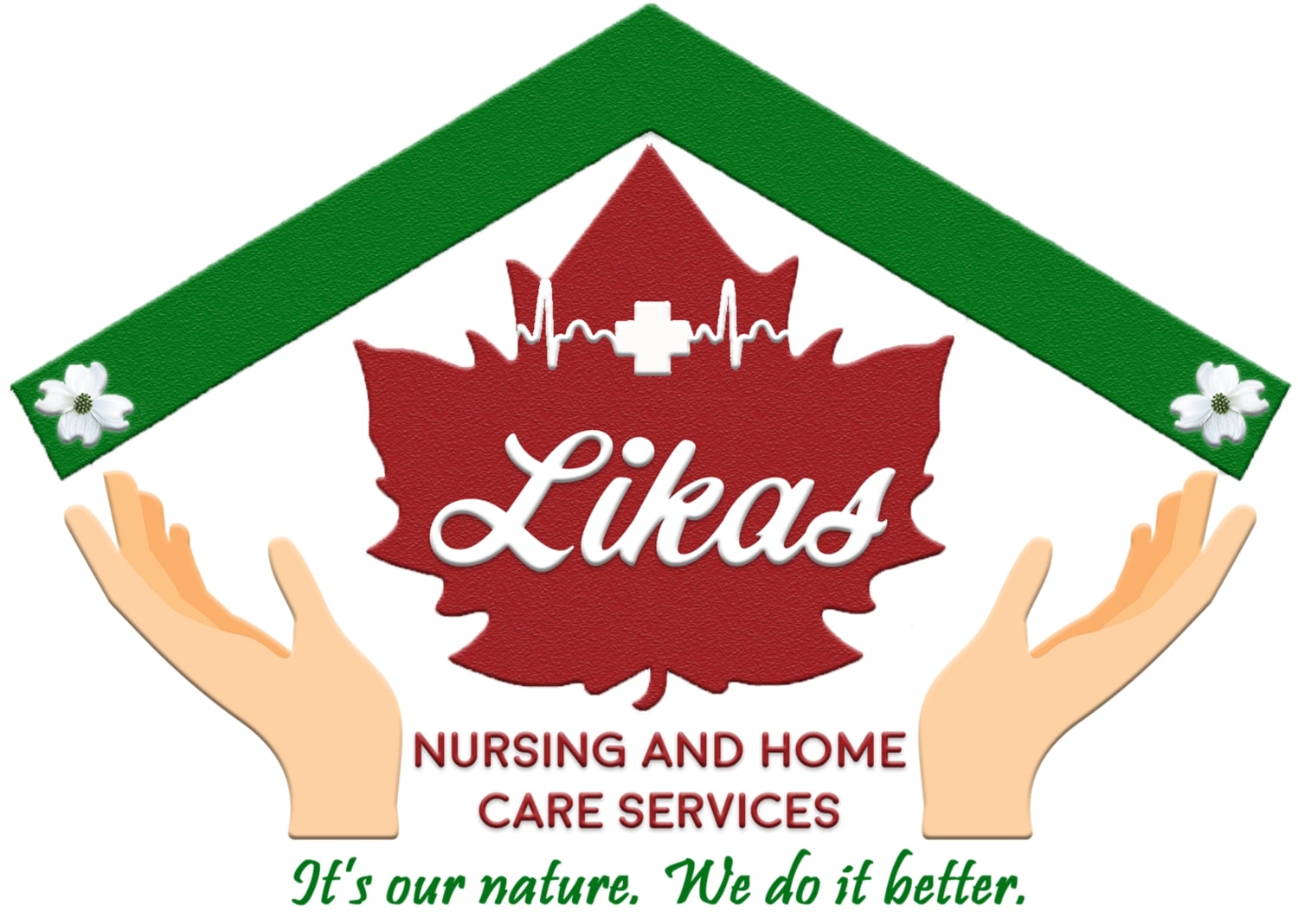
New year, new resolutions.
One of the more common resolutions people have during the start of a year is to eat healthier—and what a great resolution! Food is fuel for the body and can also contribute to healing. In older adults especially, whose metabolism may have changed and who may be predisposed to chronic illnesses, nutrition is very important. In fact, a study has shown that malnutrition is often underdiagnosed and poorly managed in elderly patients.
What makes good food? Good food means well-balanced, healthy meals, as well as connection with loved ones during meal preparation and mealtime. With good food, vitamins are usually unnecessary, and elderly loved ones find joy and satisfaction in their company, which makes them less at risk for cognitive and mood decline.
Watch out for these nutrients!
Elderly adults may require more of some nutrients, due to decreased appetite, difficulty with food intake, loss of physical strength or mobility, chronic diseases that can interfere with digestion, and financial insecurity that can make healthy food prohibitive. As such, careful meal planning and preparation are necessary when caring for an elderly adult.
B vitamins. These include vitamin B6, B12, and folate, which are important from boosting cognition, supporting the immune system, and maintaining nerve cells. Vitamin B6 can be found in whole grains, B12 in lean meat and some fish, and folate in dark green vegetables and peas.
Calcium and vitamin D. Aside from keeping bones strong, vitamin D can also improve mood. Make sure to add dairy products such as cheese, milk, and yogurts, and dark leafy vegetables (e.g. spinach).
Fiber. Fiber is good for the heart and for avoiding constipation in the elderly. Whole grains, fruits, vegetables, and oatmeal are good additions for fiber.
Iron. Iron deficiency can cause lethargy, fatigue, and anemia. Examples of iron-rich foods are red meat, beans, spinach, and dried fruit (e.g. raisins and apricots).
Potassium. This nutrient may help reduce high blood pressure and has other health benefits. It is found in fruits and vegetables, such as bananas, prunes, and potatoes.
Magnesium. An oft overlooked micronutrient, magnesium is not easily absorbed with aging. Magnesium is important for overall health due to its role in cellular functions and in the immune system. Magnesium can be found in whole grains, nuts, and fresh fruit and vegetables.
Vitamin C. An antioxidant and important for wound healing, vitamin C is richest in citrus fruits and in vegetables such as tomatoes and bell peppers.
Fats. Not all fats are bad. In fact, some fats can help reduce the risk of heart disease. Choose food with polyunsaturated and monounsaturated fats, which are found in nuts, seeds, avocados, vegetable oils and fish.
Dietary recommendations
According to the Canada Food Guide, the following daily intake is necessary for adults:
5–12 servings of grains (brown rice, whole wheat pasta)
5–10 servings of fruits and vegetables
2–4 servings of milk products (low-fat dairy, cheese)
2–3 servings of meat or meat alternatives (lean meat, seafood, eggs, beans)
In practice, how does this look like? Here are some tips to make eating more enjoyable.
1. Serve a balanced plate. Half of the plate should be composed of vegetables and fruits, a quarter should be made of whole grains, and the last quarter be of lean protein.
2. Offer a variety of food and spices. The more colorful the plate, the better. The different flavors and food will engage elderly loved ones so that they enjoy and finish their meal. Spices (e.g. lemon, vinegar, herbs) are important because age and medications can dull the taste buds and cause decreased appetite. However, reduce the salt used in food preparation, as this can worsen hypertension.
3. Serve water, skim milk, or low-sodium clear broth for hydration. This can also help more easily wash down food.
4. Choose nutrient-dense foods. For example, instead of clear chicken broth, add meat and vegetables. Extra calories without extra volume can also be added, particularly for people with a small appetite. This can be done through extra sauces and the addition of honey, maple syrup, and wheat germ.
5. Serve several small meals and snacks to aid in digestion and encourage appetite. Furthermore, avoid non-nutritious items such as coffee and tea.
6. Go for nutrition supplements if necessary. This may come in the form of drinks or tablets; either way, please consult your physician or dietitian about the necessity of supplements.
Challenges during mealtimes
An elderly loved one, especially when he or she is suffering from an illness, may have challenges regarding food intake. For example, chewing and swallowing may be difficult, so food may have to be cut into smaller pieces or pureed. Softer foods may also be preferable, especially if the mouth is also sore. If confusion is a problem, serve a minimal number of utensils and plates, as well as food options. Finger foods are an option if your loved one has strength and coordination issues.
Mealtimes are made more enjoyable when spent in the company of friends and family. Make sure to set the table for a distraction-free mealtime, and engage your loved ones in conversation.
How we can help
At Likas Nursing and Home Care, we can help you create a personalized meal plan for your needs and based on your doctor’s and/or dietitian’s advice. We can also provide assistance in meal preparations and feeding during mealtimes.
Contact us via this form, via email at likasnhcare@gmail.com, or via phone at 778-772-8026 or 604-754-8781. We offer a free first consultation and will work with you to provide for your needs.



